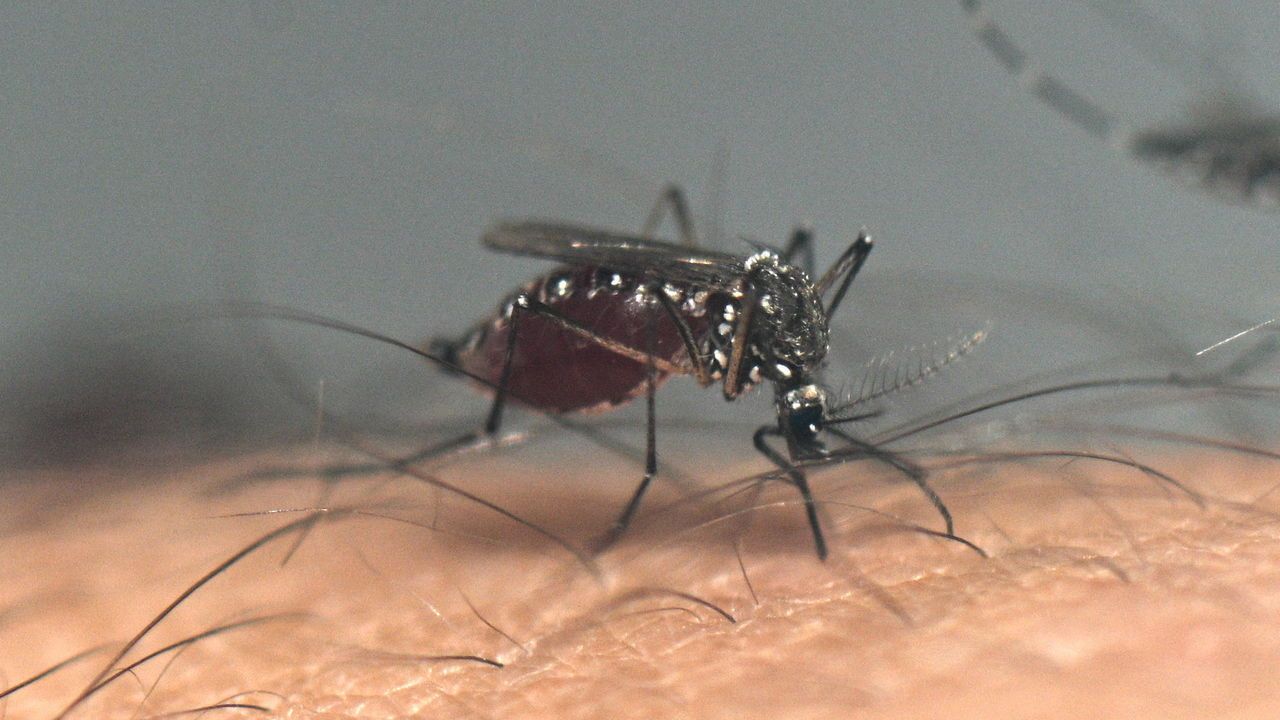A mosquito-borne disease is spreading as the planet warms
Dengue fever must be curbed

Unlike her stealthy, malaria-spreading cousin, the female Aedes aegypti signals her approach with an exasperating drone. Her bite is far worse than her buzz. If she carries a flavivirus pathogen, her victim can be infected with dengue fever. Most infections pass without symptoms, but an unfortunate few are racked with “breakbone fever”, which causes severe joint pain, haemorrhage and, occasionally, death. The after-effects, which are poorly understood, include fatigue and cognitive impairment. Aedes is so plentiful that the United States Centres for Disease Control and Prevention reckons 100m people around the world fall sick with dengue every year.
This article appeared in the Leaders section of the print edition under the headline “Dengue rising”
More from Leaders

How to respond to the riots on Britain’s streets
The violence demands robust policing, but it also requires cool heads

Is the big state back in Britain?
The risk is not too much interventionism, but too little audacity

How to make tourism work for locals and visitors alike
Holidays don’t have to be hell
Genomic medicines can cost $3m a dose. How to make them affordable
The treatments are marvels of innovation. Their pricing must be inventive, too
Chinese companies are winning the global south
Their expansion abroad holds important lessons for Western incumbents
The Middle East must step back from the brink
That still means starting with a ceasefire in Gaza
